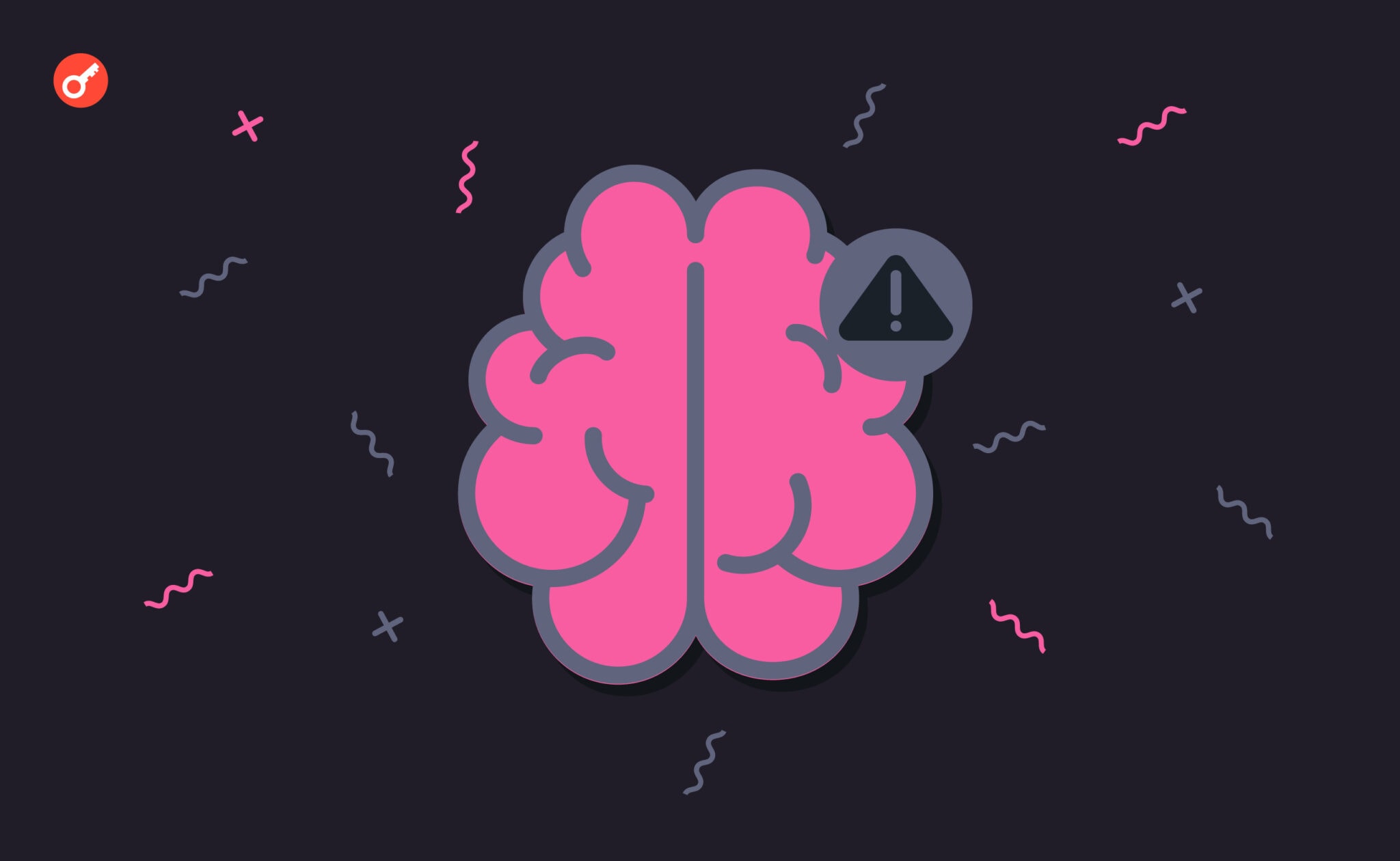AI Predicts Brain Cancer Survival Rates After Radiotherapy

Researchers at King’s College London (KCL) have successfully developed an artificial intelligence (AI)-based model capable of predicting the survival rates of adult brain cancer patients following radiotherapy treatment.
This groundbreaking development, detailed in the journal Neuro-Oncology, utilizes deep learning algorithms to forecast the eight-month survival probability for glioblastoma patients, a particularly aggressive and challenging-to-treat form of brain cancer.
Transformative AI innovation for Glioblastoma patients
Glioblastoma, which affects approximately 3,200 individuals annually in the UK, presents a grim prognosis, with only one in four patients surviving beyond one-year post-diagnosis. Currently, medical practitioners monitor chemotherapy effectiveness through routine testing despite the potential for severe side effects in some patients.
However, the novel AI model introduced by KCL researchers offers a paradigm shift in the management of glioblastoma. By providing instantaneous and precise survival predictions based on a routine MRI scan, this AI technology empowers healthcare professionals to discern patients who may not benefit from chemotherapy. Consequently, physicians can opt for alternative treatments or consider enrolling patients in experimental clinical trials, personalizing and optimizing their care.
The AI system’s efficacy derives from its comprehensive training on a dataset containing over 10,000 scans from diverse brain cancer patients. Alysha Chelliah, a PhD researcher at KCL, notes that the AI exhibited enhanced performance for detecting abnormalities upon initial training, demonstrating its potential as a powerful tool in the medical field.
Immediate and accurate predictions for informed decision-making
Dr. Thomas Booth, a reader in neuroimaging at KCL’s School of Biomedical Engineering and Imaging Sciences, emphasizes AI’s ability to furnish immediate and accurate predictions. This capability empowers clinicians to engage patients in informed treatment plan decisions. The AI model’s swift response ensures that patients receive personalized recommendations promptly.
This groundbreaking development in brain cancer management results from collaboration among 11 neuro-oncology centers across the United Kingdom. The integration of AI to predict short-term and long-term survival within eight months of radiotherapy marks a significant advancement in the field. Clinicians can better plan treatments and expedite patient referrals to potentially life-saving interventions.
Dr. Michele Afif, Chief Executive Officer of The Brain Tumour Charity, recognizes the importance of the study’s findings. The ability to evaluate and predict response to radiotherapy at an earlier stage represents a substantial leap in addressing the challenging-to-treat glioblastoma. This development can improve outcomes for patients who may not benefit from conventional chemotherapy.
The researchers involved in this pioneering project are optimistic about the AI model’s potential impact on cancer research and patient care. Dr. Booth anticipates that the tool will improve outcomes for patients who do not respond favorably to standard chemotherapy regimens.
Read More

Ученые: чат-боты усугубляют психические кризисы и способны довести до суицида
AI Predicts Brain Cancer Survival Rates After Radiotherapy

Researchers at King’s College London (KCL) have successfully developed an artificial intelligence (AI)-based model capable of predicting the survival rates of adult brain cancer patients following radiotherapy treatment.
This groundbreaking development, detailed in the journal Neuro-Oncology, utilizes deep learning algorithms to forecast the eight-month survival probability for glioblastoma patients, a particularly aggressive and challenging-to-treat form of brain cancer.
Transformative AI innovation for Glioblastoma patients
Glioblastoma, which affects approximately 3,200 individuals annually in the UK, presents a grim prognosis, with only one in four patients surviving beyond one-year post-diagnosis. Currently, medical practitioners monitor chemotherapy effectiveness through routine testing despite the potential for severe side effects in some patients.
However, the novel AI model introduced by KCL researchers offers a paradigm shift in the management of glioblastoma. By providing instantaneous and precise survival predictions based on a routine MRI scan, this AI technology empowers healthcare professionals to discern patients who may not benefit from chemotherapy. Consequently, physicians can opt for alternative treatments or consider enrolling patients in experimental clinical trials, personalizing and optimizing their care.
The AI system’s efficacy derives from its comprehensive training on a dataset containing over 10,000 scans from diverse brain cancer patients. Alysha Chelliah, a PhD researcher at KCL, notes that the AI exhibited enhanced performance for detecting abnormalities upon initial training, demonstrating its potential as a powerful tool in the medical field.
Immediate and accurate predictions for informed decision-making
Dr. Thomas Booth, a reader in neuroimaging at KCL’s School of Biomedical Engineering and Imaging Sciences, emphasizes AI’s ability to furnish immediate and accurate predictions. This capability empowers clinicians to engage patients in informed treatment plan decisions. The AI model’s swift response ensures that patients receive personalized recommendations promptly.
This groundbreaking development in brain cancer management results from collaboration among 11 neuro-oncology centers across the United Kingdom. The integration of AI to predict short-term and long-term survival within eight months of radiotherapy marks a significant advancement in the field. Clinicians can better plan treatments and expedite patient referrals to potentially life-saving interventions.
Dr. Michele Afif, Chief Executive Officer of The Brain Tumour Charity, recognizes the importance of the study’s findings. The ability to evaluate and predict response to radiotherapy at an earlier stage represents a substantial leap in addressing the challenging-to-treat glioblastoma. This development can improve outcomes for patients who may not benefit from conventional chemotherapy.
The researchers involved in this pioneering project are optimistic about the AI model’s potential impact on cancer research and patient care. Dr. Booth anticipates that the tool will improve outcomes for patients who do not respond favorably to standard chemotherapy regimens.
Read More

